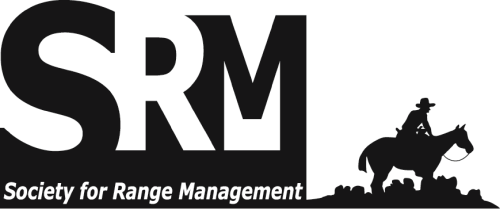We conducted three germination experiments to develop propagation protocols for Yucca elata (Engelm.) Engelm. and Menodora scabra A. Gray. Experiments were: seed germination under osmotic stress at 0, -0.5, -1.0 and -1.5 MPa in a growth chamber; germination and establishment in seed beds under four (high, medium, low and lowest) simulated rainfall wet-dry sequences as irrigation treatments; and germination, survival and biomass allocation in plastic pots under four simulated rainfall wet-dry sequences on controlled greenhouse conditions. Sequences represent the common precipitation patterns of the Chihuahuan desert in central Chihuahua, Mexico. Each sequence represents 20% of probability of a wet, normal, dry or very dry year to occur. Germination of Y. elata was not inhibited at -1.5 MPa (13% of germination), but it was negatively affected in M. scabra. In the seed bed experiment Y. elata had 33% germination and M. sabra had 20% germination on the high irrigation sequence vs 1.90% and 0.00% on the lowest irrigation sequence. However, establishment for both species was only achieved in the high and medium sequences. Temperature in this experiment rose the 45�C as the maximum temperature, which is common in the Chihuahuan desert. Finally, we assessed the responses of both plants in terms of plant biomass and seed germination strategies. Plants of both species produced more aboveground biomass as soil moisture increased and more belowground biomass as soil moisture decreased. Y. elata is a slow-germinating species, while M. scabra is a fast-germinating species. Implications are that both species can be seeded in the field and we can expect 40% of germination and establishment. However, we recommend germination and establishment under controlled conditions to increase success up to 80%. This study provides evidence on germination strategies and growth under different conditions that can increase success in restoration programs of arid zones.

Oral presentation and poster titles, abstracts, and authors from the Society for Range Management (SRM) Annual Meetings and Tradeshows, from 2013 forward.